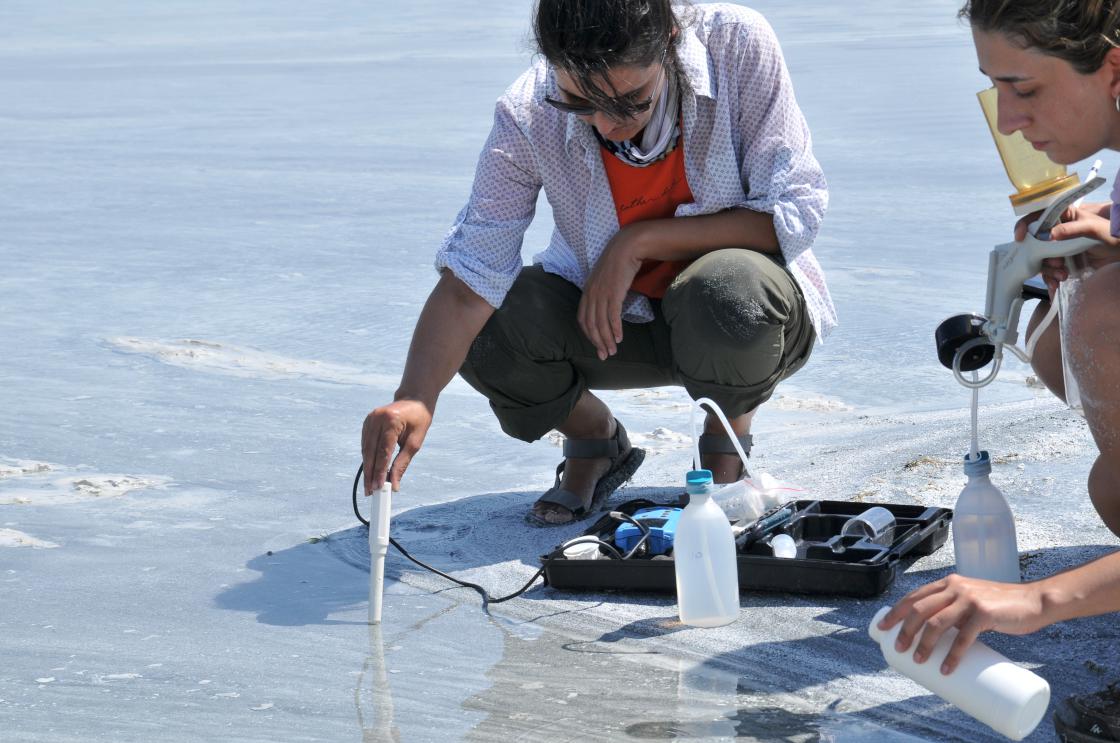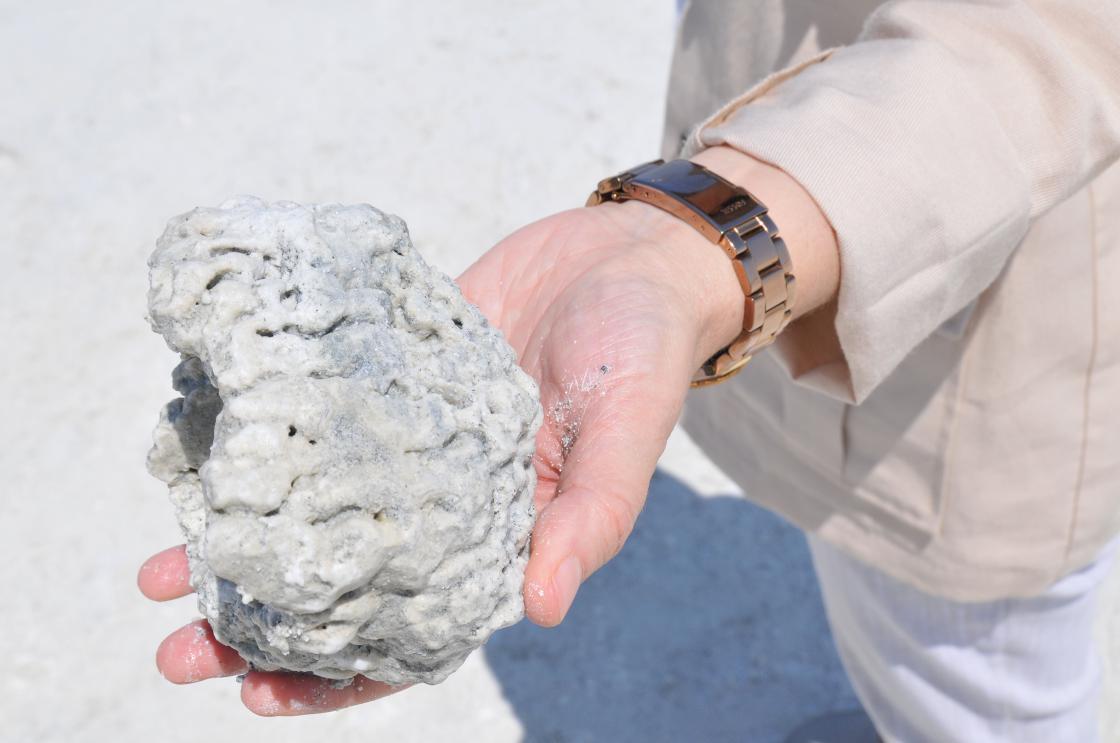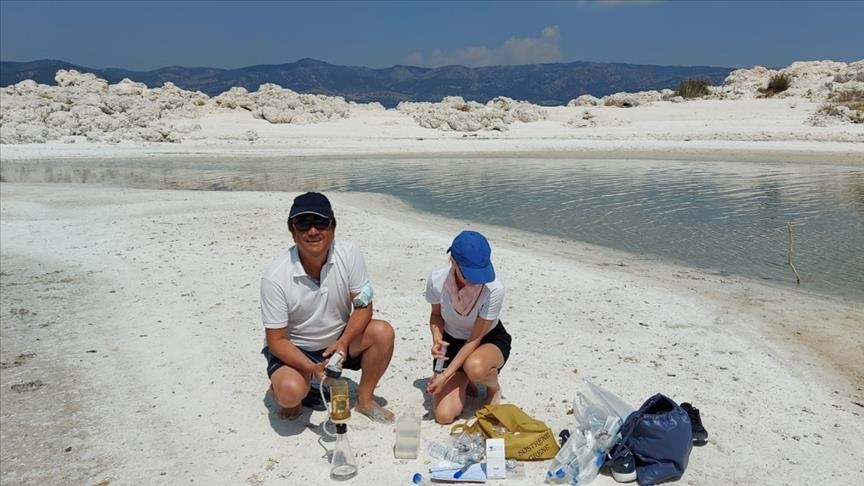ANKARA, TURKEY
A research study of the microbial ecology of a unique and perhaps Martian-like lake in southwestern Turkey has been completed.
The study, carried out by scientists of the Turkish Environment, Urbanization and Climate Change Ministry and Istanbul Technical University, seeks to compare the lake’s ecology from data from Mars gathered by NASA.
The US space agency last year compared Lake Salda to the ancient state of Mars’ Jezero Crater, which scientists believe may have once been the site of a lake and river delta.
NASA posted a photo online of Lake Salda in which rocks can be seen below the azure water’s surface lying on pristine white sand, saying scientists believe it mirrors scenes on Mars from 3.5 billion years ago.

Speaking to Anadolu Agency, Beyhan Oktar, deputy head of Turkey’s directorate general for preservation of natural heritage, said the project “will provide an important database of traces of life on Mars.”
Oktar said that a 2019 visit to Lake Salda from NASA scientists and a university team created awareness of the issue and that they launched the project afterwards.
“The aim of this project is to reexamine Salda’s similarity to rocks on Mars and reveal new kinds of rocks,” said Oktar, adding that DNA-based analyses were carried out and very important DNA gene sequences were revealed during the studies.
When samples from Mars are examined, scientists can compare the findings, she added.
There does not seem to be life on Mars, but at some point the red planet may have supported microorganisms.

During the Salda project, samples were taken from key points both in the water and around the lake, said Oktar.
Oktar also said they are preparing to share details of the project results with the international academic community in a workshop in the near future.
Salda is thought to be the only lake on Earth that has similar minerals and deltas to those found at Jezero Crater, thought to have once been the site of a sprawling lake, NASA said last February.

